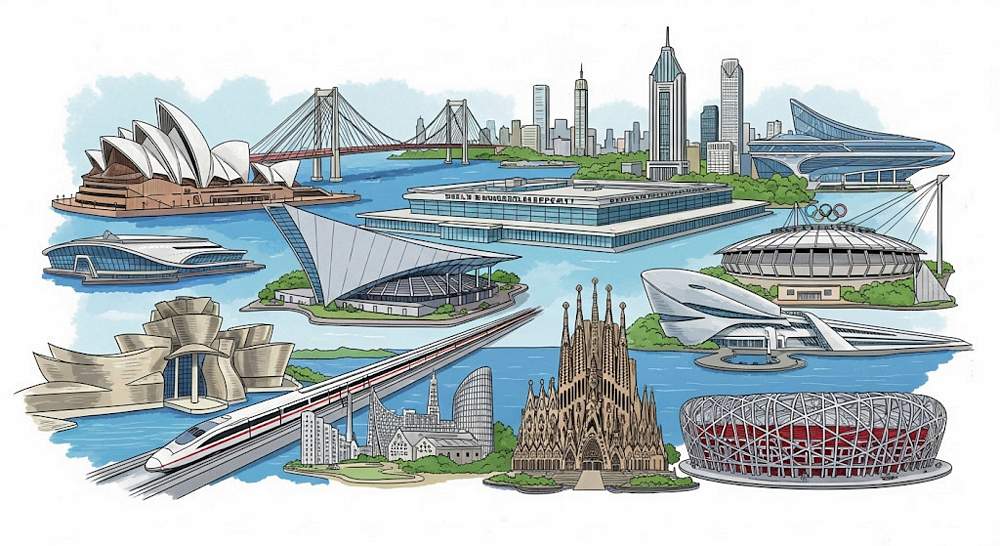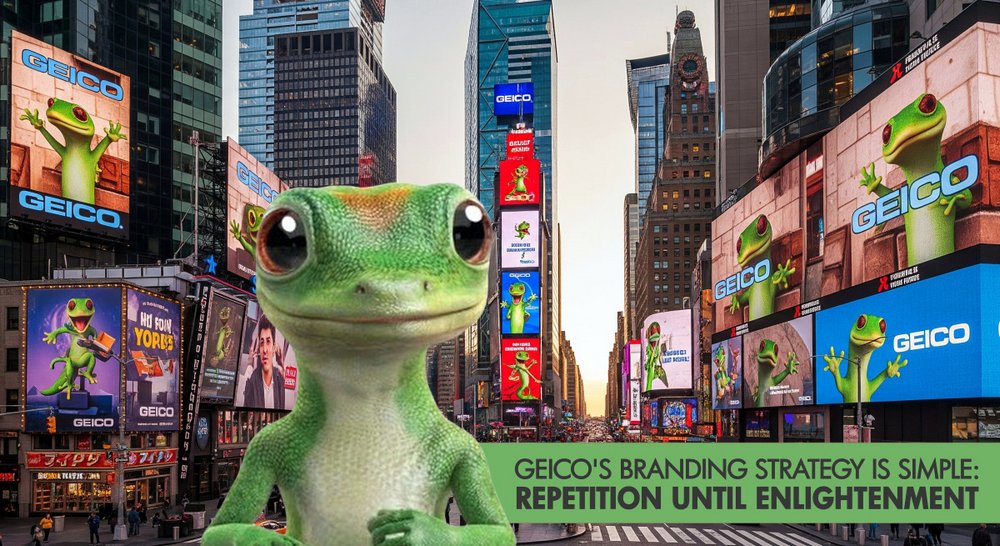
Singapore Airlines (SIA) maintains a policy that forbids its flight attendants from using public transit while attired in the iconic sarong kebaya. The airline does not permit use of the MRT or buses while wearing this distinctive uniform—not due to fears of flash mobs or schedule disruptions, but because it understands a truth about prestige that many other institutions overlook: luxury, if it is to be believed, must never fraternize with the ordinary.
SIA reserves its cabin crew for premium environments only. Thoughtfully appointed airport settings, sleek aircraft, and exclusively chauffeured transport compose the backdrop against which these ambassadors operate. While competitors vie for attention with over-the-top safety videos and celebrity endorsements, Singapore Airlines recognizes that luxury lies as much in perception as it does in service.
For decades, the carrier has cultivated its reputation through a philosophy that transcends superficial marketing. The airline’s symbolic emissary, the Singapore Girl—part brand ambassador, part mythological figure—has become a timeless icon of grace and attentiveness. She represents the airline’s commitment to a cultivated ideal. She does more than serve; she embodies Singapore’s national pursuit of understated sophistication and Asian grace, an ethos perfectly captured by the hallmark tagline ‘A Great Way to Fly.’
Even the smallest service gestures reflect this ethos. Coffee cup handles are placed precisely at 3 o’clock for right-handed passengers. A simple glass of water in economy class is not merely handed over, but presented on a tray. Refinement is upheld even at 39,000 feet—a testament to the notion that elegance hinges as much on perception as on reality. And perception, when shaped with surgical precision, becomes power in marketing.
Idea for Impact: Success demands not only the delivery of excellence, but the relentless crafting of the narrative that defines it.




.jpg)
 There’s an old joke about the Soviet Union’s approach to industrial planning. It’s been told so often it’s
There’s an old joke about the Soviet Union’s approach to industrial planning. It’s been told so often it’s  BlaBlaCar’s deliberate decision not to expand into the United States underscores how cultural fault lines can impede the global flow of innovation. The French platform has
BlaBlaCar’s deliberate decision not to expand into the United States underscores how cultural fault lines can impede the global flow of innovation. The French platform has 
 McDonald’s has long leaned on
McDonald’s has long leaned on  Southwest Airlines didn’t rise to prominence through spreadsheets or sycophancy. It was built by a jolly, chain-smoking Texas lawyer named
Southwest Airlines didn’t rise to prominence through spreadsheets or sycophancy. It was built by a jolly, chain-smoking Texas lawyer named .jpg)
 Organizations often face a moral dilemma when confronting high-performing individuals—those rainmakers whose charisma and drive yield tangible results (Jack Welch’s
Organizations often face a moral dilemma when confronting high-performing individuals—those rainmakers whose charisma and drive yield tangible results (Jack Welch’s .jpg)